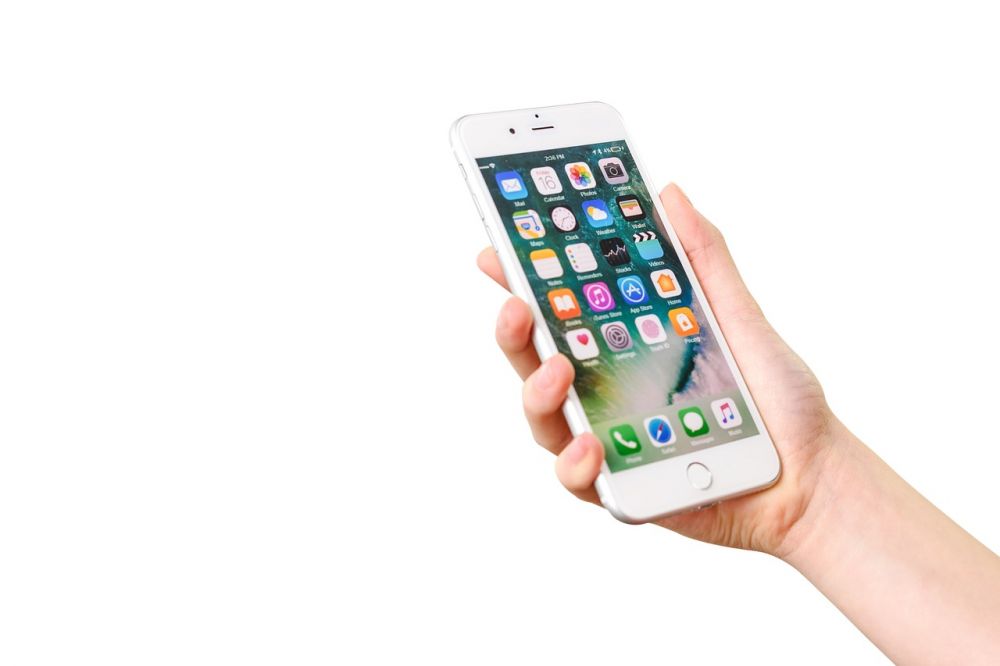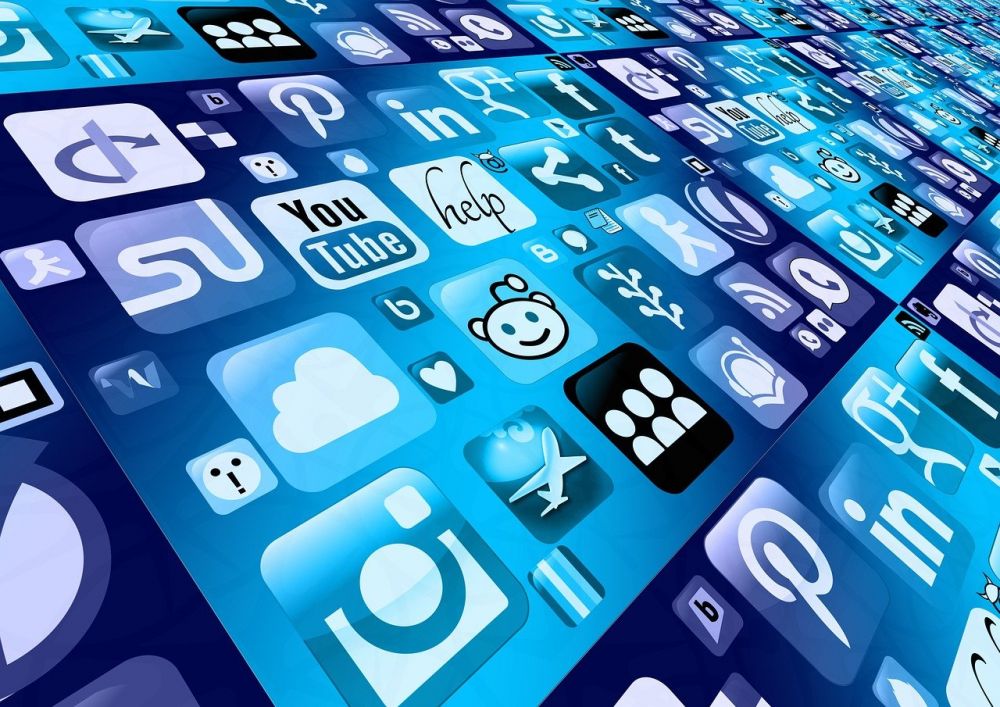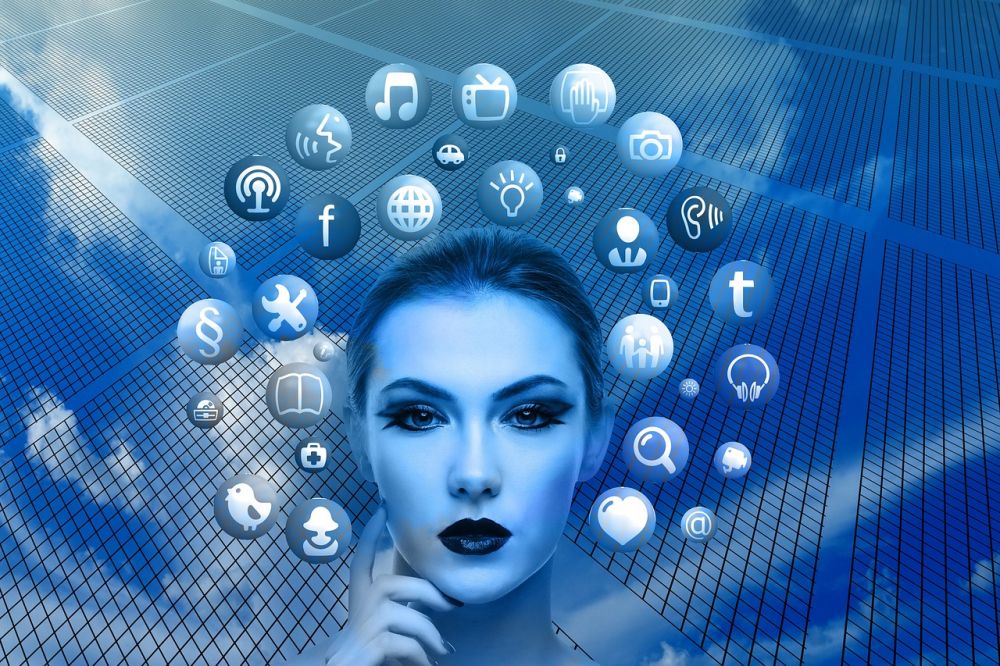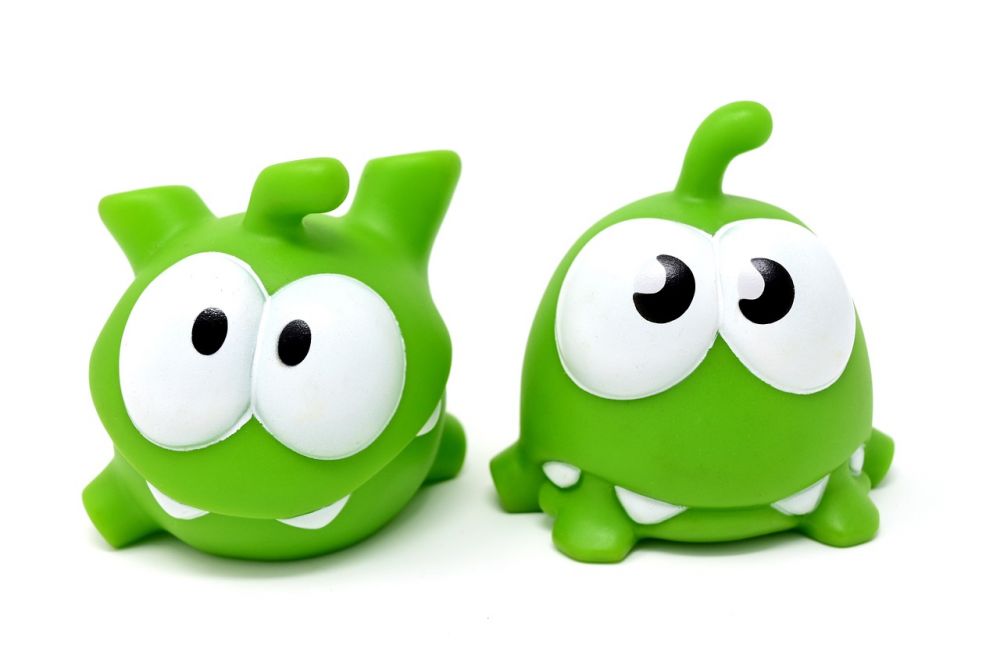Messenger Apps: Revolutionizing Communication for the Tech-Enthusiast

Introduction:
Messenger apps have become an integral part of our daily lives, revolutionizing the way we communicate and connect with others. These apps have provided us with instant messaging, voice and video calling, and a range of other features that have made communication faster, more efficient, and more convenient. Whether you are a social butterfly or a business professional, understanding the features and evolution of messenger apps is essential. In this article, we will delve into the fascinating world of messenger apps, exploring their historical development, key features, and their impact on our digital lives.
I. What is a Messenger App?
A messenger app, also known as an instant messaging app, is a software application that allows users to send instant messages, photos, videos, and other multimedia content over the internet. These apps have gained immense popularity due to their ability to deliver real-time communication, making distance virtually irrelevant. Key features of messenger apps include group chats, voice and video calls, stickers, emojis, file sharing, and encryption for secure conversations.
II. Historical Evolution of Messenger Apps:

1. Origins of Instant Messaging:
– In the mid-1990s, the rise of personal computers and the internet gave birth to the concept of instant messaging.
– The first widely-used instant messaging service was ICQ, launched in 1996, which allowed users to send real-time messages to each other.
2. Mobile Messaging Takes Center Stage:
– With the advent of smartphones, mobile messaging apps gained popularity.
– BlackBerry Messenger (BBM) was one of the earliest mobile messaging apps, offering features like status updates, read receipts, and group chats.
– WhatsApp, launched in 2009, took the world by storm with its simplicity, instant message delivery, and cross-platform compatibility.
3. Rise of Social Media Messengers:
– Facebook Messenger gained traction as a separate app in 2011, providing users with chat functionality within the Facebook ecosystem.
– Other social media giants like Snapchat, WeChat, and Line soon followed, catering to specific demographics with their unique features.
4. Business and Productivity Focus:
– Slack, launched in 2013, revolutionized team communication by integrating with various productivity tools, facilitating collaboration and workflow management.
– Microsoft Teams, Google Hangouts, and other enterprise-focused messengers have also created seamless communication solutions for businesses.
III. Key Features of Messenger Apps:
1. Instant messaging: The core feature of a messenger app, allowing users to send text-based messages in real-time.
2. Voice and video calls: High-quality audio and video calling enable face-to-face conversations, even across long distances.
3. Group chats: Create conversations with multiple participants, making it easy to coordinate and communicate with friends, family, or colleagues.
4. Multimedia sharing: Messenger apps enable users to share photos, videos, documents, and other files instantly.
5. Stickers and emojis: Adding a fun element to conversations, stickers and emojis allow users to express emotions more vividly.
6. Privacy and security: With data security concerns, messenger apps now incorporate end-to-end encryption to protect user privacy.
7. Integration with other apps: Many messenger apps integrate with various services, providing seamless sharing and collaboration possibilities.
IV. Impact on Communication and Society:
1. Improved global connectivity: Messenger apps have bridged geographical barriers, enabling individuals from around the world to connect and communicate easily.
2. Enhanced collaboration: Businesses can now streamline their communication and collaborate efficiently, boosting productivity.
3. Facilitating personal connections: Messenger apps have fostered friendships, relationships, and community building by making communication more accessible.
4. Business opportunities: Messenger apps have opened up new avenues for businesses to connect with customers, offering customer support, and facilitating transactions.
In conclusion, messenger apps have revolutionized the way we communicate, providing us with instant, seamless connections with others. From their humble beginnings as text-based messaging services to sophisticated platforms with numerous features, messenger apps have become indispensable in our digital lives. As technology continues to advance, we can expect to see further innovations, shaping the future of communication for tech-enthusiasts and beyond.
References:
– Insert references here.





